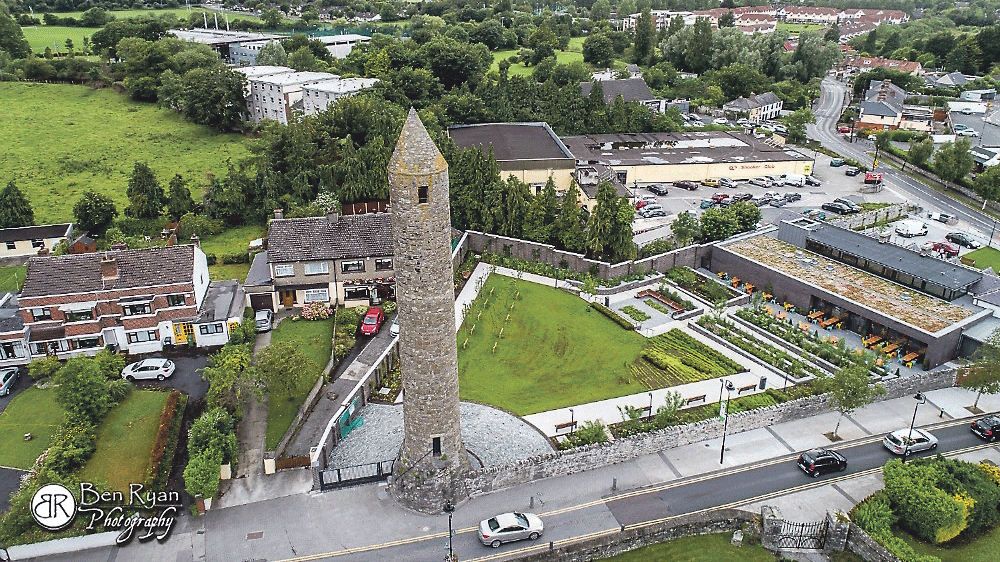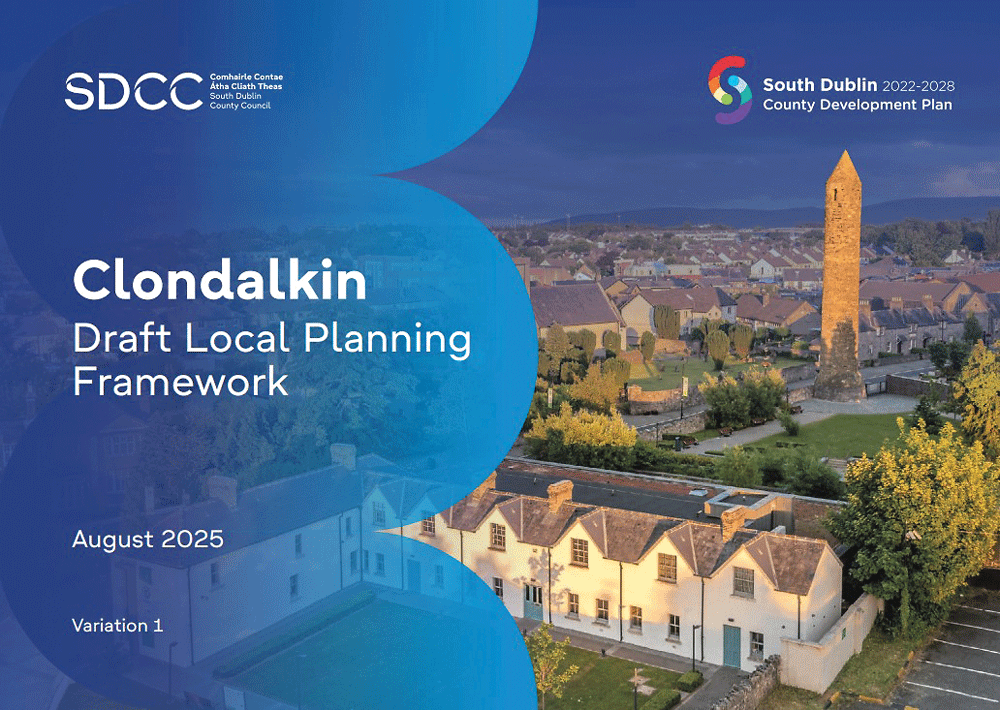

Planning framework gets mixed reaction to proposals
The draft for the proposed Clondalkin Local Planning Framework has received mixed feedback since becoming open for submissions last month.
The major concerns revolve around the subjects of transport and permeability of urban and suburban areas.
The 124-page draft framework plots out plans to lessen the use of cars and improve the accessibility of areas, encouraging walking and cycling.
Councillor Ó Broin has stated he is “positive” about the draft policy document and feels it will serve Clondalkin well if many aspects noted in it are introduced.
“The only contentious bit is the permeability, Cllr Ó Broin stated. “There’s nothing else contentious…by using permeability to reduce the distances people have to walk, there’s a higher chance some will leave the car at home and walk.”
Proposed permeability changes would see estates linked to other estates, parks and parts of the village in a much more open manner than currently.
For some, the prospect of shortened journeys and more active travel is welcome, but for others, it opens up the possibility of anti-social behaviour.
Many submissions online detail worries regarding the opening up of cul-de-sacs and Councillor Linda De Courcy echoed these statements.
Cllr De Courcy explained: “I’m in an estate where there would be quite a few permeability suggestions being put through and people are absolutely up in arms because when they had them before, there was a massive amount of antisocial behaviour.”

The cover of the framework document
Traffic suggestions have drawn similarities to the Bawnogue Enhancement Scheme for many locals that submitted feedback.
Proposed moves to combat traffic congestion have been met with similar backlash to the ongoing scheme.
Councillor Trevor Gilligan made a submission and stated that he is against the narrowing of junctions, akin to his stance on Bawnogue.
However, some welcome the changes to travel proposed, such as submission author Bea CarBan, who noted that accidents underscore the urgency of diversifying travel.
Author Bea CarBan stated: “The future of Clondalkin depends on policies that prioritise people, safe mobility, and community infrastructure—not oversized vehicles.”
Those wishing to make their thoughts on the draft framework and its proposals heard may do so on the web portal via the South Dublin County Council website until the closing date and time of Monday, September 29 at 11:59 pm.
Councillor Francis Timmons has put forward several submissions for the framework himself and encouraged others to make as many as possible.
Cllr Timmons said: “We can make submissions now, we can change it – try and change it…we’re not going to be 100 per cent happy with the final document but, overall I think it will be a really good document.”
Funded by the Local Democracy Reporting Scheme.

